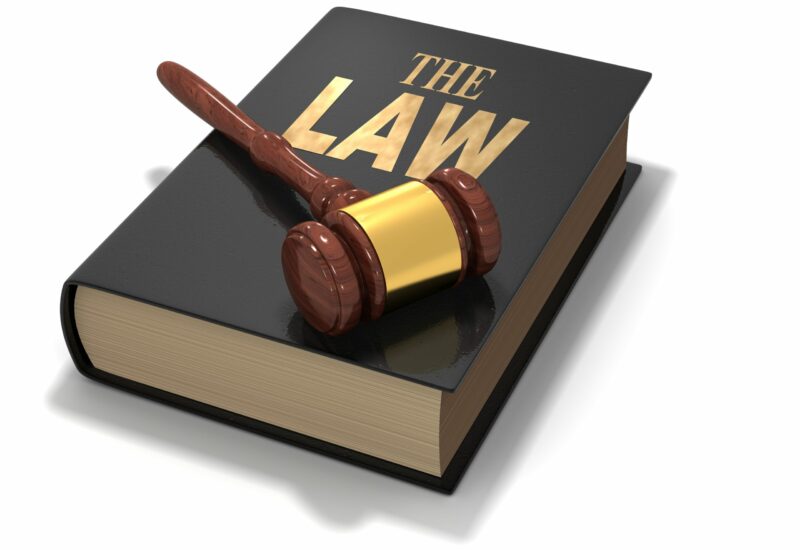If you have been charged with a criminal offense, the judge will formally state the charges against you the first time you enter the courthouse. This step in the criminal justice process is called an arraignment and differs according to the laws of your state. Some states combine this step with the bail hearing but it’s typically conducted after bail is determined.
Although the process and rules may differ in your jurisdiction, the following provides a general overview of what to expect at your arraignment.
Arraignment is the first stage of courtroom-based criminal proceedings, after the arrest, booking, and initial bail phases. During a typical arraignment, a person charged with a crime is called before a criminal court judge, who: 1) Reads the criminal charge(s) against the person (now called the “defendant”); 2) Asks the defendant if they have an attorney or need the assistance of a court-appointed attorney; 3) Asks the defendant how he or she answers or “pleads to” the criminal charges — “guilty,” “not guilty,” or “no contest”; 4) Decides whether to alter the bail amount or to release the defendant on their own recognizance; and 5) Announces dates of future proceedings in the case, such as the preliminary hearing, pre-trial motions, and trial.
Also at the preliminary hearing, the prosecutor will give the defendant and their attorney copies of police reports and any other documents relevant to the case. For example, in a DUI/DWI or drug possession case, the prosecutor may provide the defense with lab reports of any blood or chemical tests that were performed, and may be used in the case.
As stated above, the rules and procedures for criminal arraignments vary by state. For instance, some states allow counsel to be present; require defendants to be informed of certain constitutional rights; and/or decide on bail amounts (or whether the defendant must be remanded until trial).
If a criminal defendant faces the possibility of jail time if convicted for the crime(s) charged, the defendant has a constitutional right to the assistance of an attorney, or “counsel.” If the defendant wishes to be represented by an attorney but can’t afford to hire one, a government-appointed attorney will be assigned at no cost to the defendant.
Usually employed as “public defenders,” these government-appointed defense attorneys are responsible for zealously protecting a criminal defendant’s rights at all stages of the criminal process.
While defendants who meet certain criteria are entitled to a court-appointed attorney during a criminal case, you could also benefit from reaching out to a seasoned criminal defense attorney in your community. If anything, they could provide you with a second legal opinion in your case or even supplement your court-appointed attorney. They could also start working for you before a court-appointed attorney is named. Having a strong legal team in place could change the outcome in your case.
If you or a loved one is in a bind as a result of a criminal charge, immediately contact a Seattle Criminal Attorney. A Criminal lawyer is not going to judge you, and understands that everyone makes mistakes. Hiring a Seattle Criminal Lawyer to help can – at a minimum – reduce penalties, and can help direct people on how to best deal with their criminal charge, and many times even get them dismissed. So it should go without saying that someone cited for a misdemeanor or felony should hire a qualified Seattle Criminal Lawyer as soon as possible. Criminal charges can cause havoc on a person’s personal and professional life. Anyone charged with a crime in Washington State should immediately seek the assistance of a seasoned Seattle Criminal Lawyer.

